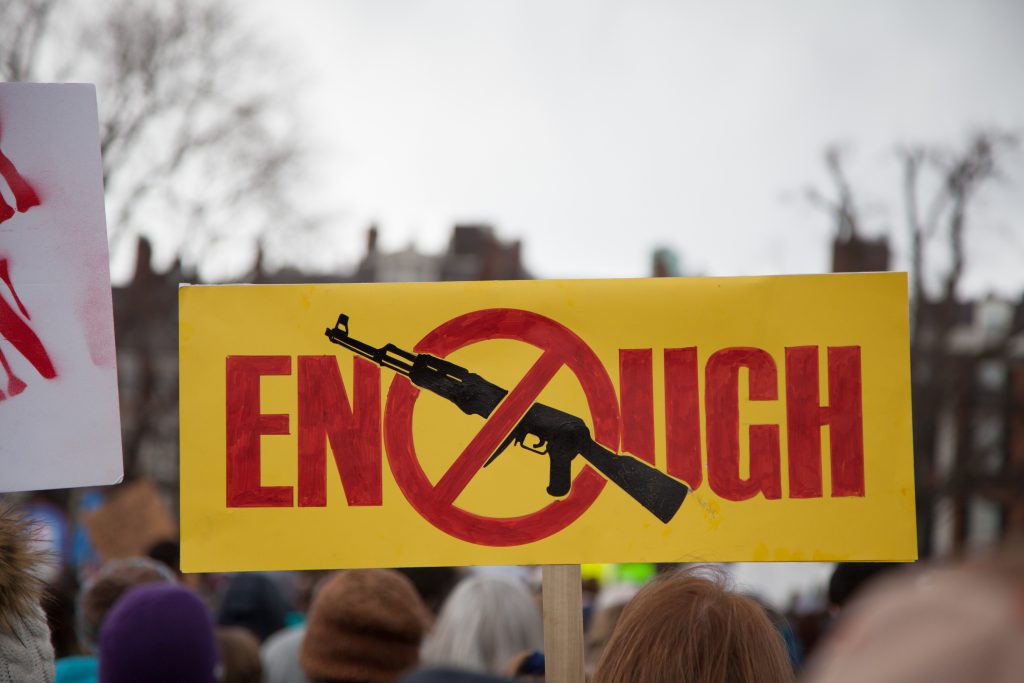gun violence
Tag“The Jewish Nurse” Who Treated Tree of Life Gunman Speaks Out, Urges Love
After the deadliest attack on Jews in U.S. history, stories emerged about “The Jewish Nurse” who treated the alleged gunman. Now, Ari Mahler, RN, tells his side.
Physicians Take a Stand Against Gun Violence
Three days before a physician became a victim of the 372nd mass shooting in the U.S. in 2018, the American College of Physicians updated its position on firearms.
Dementia And Guns: When Should Doctors Broach The Topic?
As the number of Americans with dementia rises, health professionals are grappling with when and how to pose the question: “Do you have guns at home?”
A “Well-regulated Militia”: Can Doctors Prevent Gun Violence?
Family physicians have long recognized that gun violence is a national public health epidemic. Do they also hold the key to stopping it?




